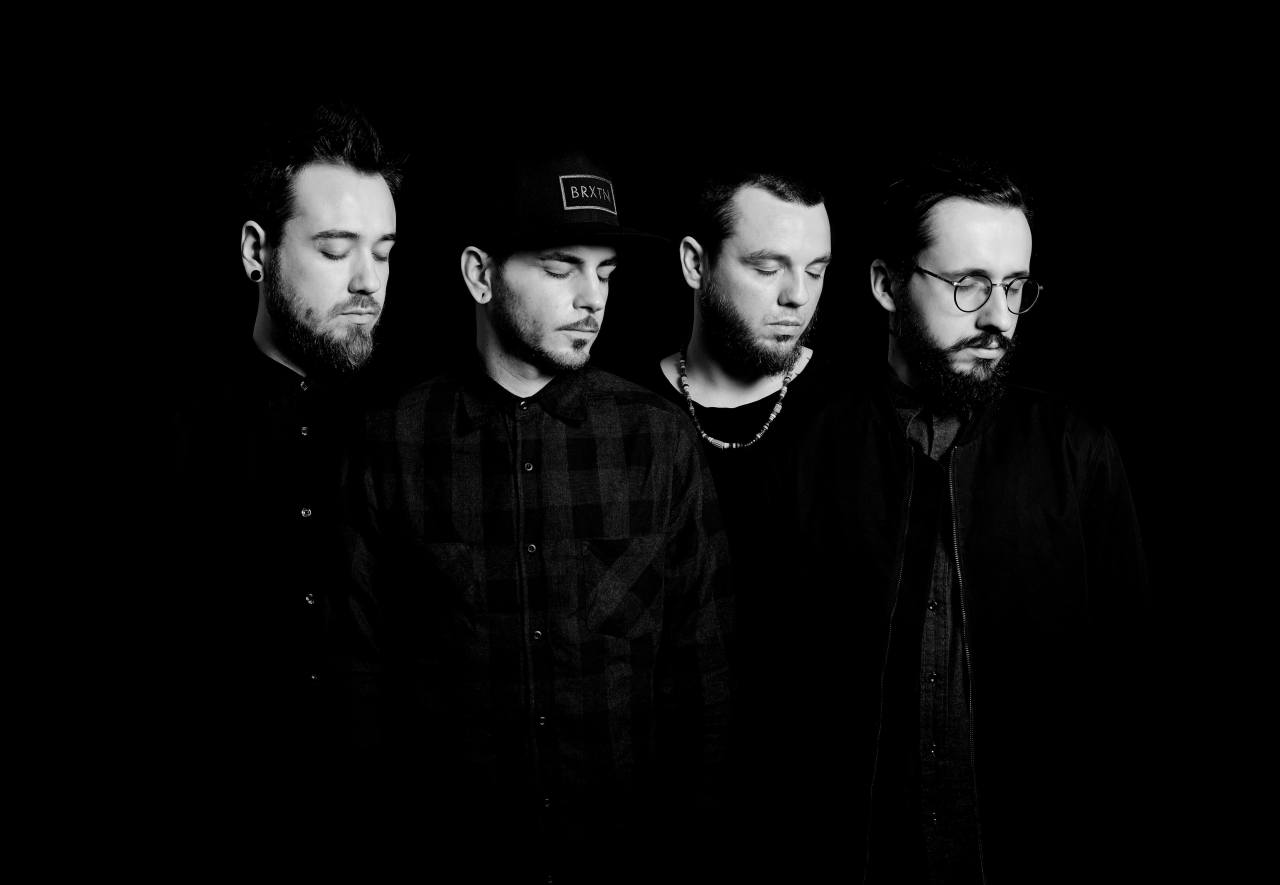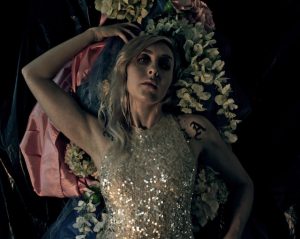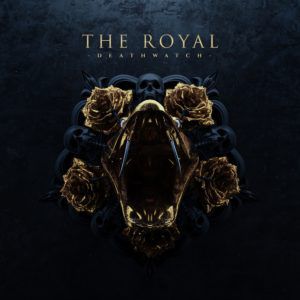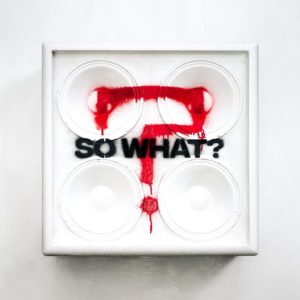Too often with debut records, bands in their infancy are driven by an enthusiasm to have their music experienced by the world at large, so immediacy dominates the songwriting process. This can be a blessing for those who like their music spiked with adrenaline, but can also result in albums that feel underthought at the best of times. Being armed with this expectation is what caused us to have a massive double take when we listened to ‘Heal’ and realised it was only the debut album from Toulouse quartet Riviẽre.
“We spent a lot of time working on the structures of all the tracks. When we organised all the tracks on the album, it became pretty simple to arrange them into ‘Heal’”, explains guitarist Alex Berenguer, currently sat next to fellow six-stringer Nico Saravia in a communal living room in an unknown location.
Released last month, ‘Heal’ is an album that takes it’s time, giving each song lots of space and ambient passages, allowing room to breath among crushing arrangements of icy metallic grooves. “We are really into post-rock music, and I think you can hear it in the album,” Nico adds. “In post-rock albums, you have this flowing journey and this was something we really wanted to create, so we enjoy working this way.”
Beyond it’s progressive arrangement, ‘Heal’ has no shortage of immense hooks and choruses, demonstrated in tracks like ‘Golden Wounds’ and ‘Satin Night’, and it’s no coincidence as Nico explains. “We wanted to build something that stands in between pop-rock catchiness and post-rock in places, and I think this is the way we flowed, it was long songs with a lot of ambient parts, plus verses and choruses like something you could find in catchier rock music, so we’re constantly looking for the in between, especially by using the vocals.”
The instant hooks of the vocals are particularly surprising for Riviẽre considering the fact that they intended to exist solely as an instrumental band. “We entered the studio to record this album with no singer, so everything was recorded, but we found that something was missing,” says Nico. “It felt like a shame not to have a vocals on the music, so we tried to find a singer before recording, without much luck.”
“We had Arnaud [Laffont] who plays bass in the band, who was also the clean singer in our first band many years ago when we were teenagers,” Alex adds. “We decided we wanted to get him back to singing and in the studio and once he decided he’d like to get back to doing vocals, he wrote all the lyrics pretty quickly. We were all impressed by Arnaud’s work, it was difficult to believe he had all these tracks in him.”
One moment of the album which caught us off guard comes from ‘Symbol’, which unleashes a huge saxophone solo during the song’s bridge. “We originally had a guitar solo in that part,” Nico says, “but I’ve heard saxophone used well a bunch of times in metal, like Ihsahn from Emperor’s solo work, where you can hear it doesn’t sound corny, it sounds chaotic, so it was the same idea.
On the flip side, We also enjoy a lot of kitsch 80’s pop music, where saxophone also plays a big part, so it was a little bit of a homage to that as well.”
The variation of instrumentation on the album is one of Riviẽre’s many surprises, especially while their contemporaries in progressive metal tend make complex guitar work the main priority of their albums. “We are not very skilled at playing that way. We are far less technical than bands like Animals as Leaders,” Nico explains.
“We don’t try to be on the same technical level because we find there is something else to gain from instruments and all the devices we use in our music. It’s about simplicity when we create music, so we can always have new ideas of what to create for the next record,” Alex adds.
As a new band with such a convention-defying sound, the biggest struggle Riviẽre now face is finding an audience in a French music scene that feels increasingly regimented by your musical style. “It’s very hard to find shows because you can find a lot of metal bands and a lot of pop and electronic music, but because we are in between all these styles, it’s difficult to find an exact scene to exist in,” Alex says.
Even an album as accomplished as ‘Heal’ can’t stop the struggles being a band in stages of infancy in today’s musical climate. And Nico accepts the band has a long road ahead of them. “That’s why we don’t have a big fanbase, we are at the very very beginning. Maybe it’s just a matter of time and a lot of work before we find our place. It’ll be OK.”
’Heal’ by Riviẽre is out now on Basick Records.
Riviẽre links: Facebook|Twitter
Words by Andy Davidson (@AndyrfDavidson)






